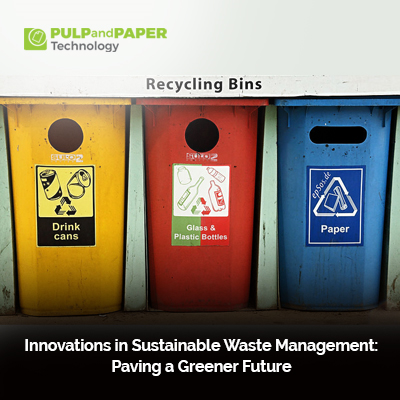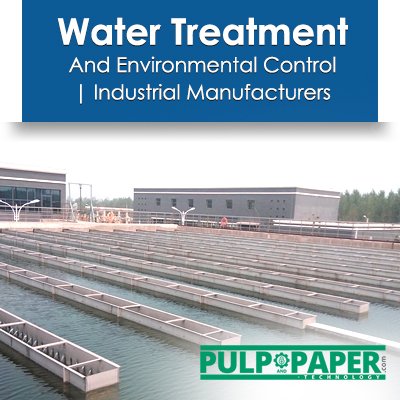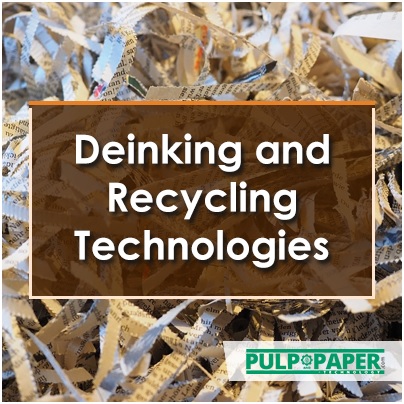Innovations in Sustainable Waste Management: Paving a Greener Future

Introduction
Waste management is a global challenge that demands innovative solutions to address the environmental impact of growing populations and increasing consumption. As societies strive for sustainable development, a crucial aspect is the way we handle and dispose of waste. In recent years, there has been a paradigm shift towards adopting innovative approaches in waste management that not only reduce environmental harm but also contribute to a greener and more sustainable future.
Smart Bins and IoT Integration
One notable innovation in waste management is the introduction of smart bins equipped with Internet of Things (IoT) technology. These bins use sensors to monitor waste levels, optimizing collection routes and reducing unnecessary pickups. IoT integration enables real-time data tracking, helping authorities and waste management companies streamline their operations. This not only enhances efficiency but also minimizes fuel consumption, thereby reducing the carbon footprint associated with waste collection.
Waste-to-Energy Technologies
Traditional waste management methods often involve landfill disposal, which contributes to soil and water pollution. However, waste-to-energy technologies have emerged as a promising solution. Processes like incineration and anaerobic digestion can convert organic waste into energy, reducing the dependence on non-renewable resources. This not only helps manage waste but also generates electricity or heat, contributing to a more sustainable and circular economy.
| Also Read: Optimizing Waste Management Practices in the Pulp and Paper Industry |
Circular Economy Initiatives
The concept of a circular economy aims to minimize waste by reusing, repairing, and recycling materials. Innovative practices include designing products for longevity and ease of recycling, as well as creating closed-loop systems where products and materials are continually reused. Companies and municipalities are increasingly adopting circular economy principles, promoting a shift from the traditional linear model of "take, make, dispose" to a more sustainable and eco-friendly approach.
Biodegradable Packaging Solutions
The rise of single-use plastics has been a major environmental concern, contributing significantly to pollution and the degradation of ecosystems. Innovations in biodegradable packaging offer a sustainable alternative. Materials such as bioplastics derived from renewable resources and edible packaging made from seaweed are gaining popularity. These alternatives break down naturally, reducing the environmental impact of packaging waste.
Robotic Sorting Systems
Sorting through mixed waste for recycling purposes is a labor-intensive and time-consuming process. Robotic sorting systems are revolutionizing this aspect of waste management by automating the sorting process. Equipped with advanced sensors and artificial intelligence, these robots can identify and separate different types of materials, increasing the efficiency of recycling plants and reducing contamination in recycled materials.
Community-Based Waste Management Programs
Engaging communities in waste management is a crucial aspect of creating a sustainable future. Community-based programs encourage residents to actively participate in waste reduction and recycling initiatives. These programs often involve education, awareness campaigns, and incentives for proper waste disposal. By fostering a sense of responsibility and environmental consciousness, these initiatives contribute to a cleaner and greener community.
Mobile Recycling Units
To address the challenge of waste management in remote or underserved areas, mobile recycling units are gaining traction. These units, equipped with compact recycling facilities, can be transported to different locations, providing a flexible and efficient solution for managing waste in areas without established infrastructure. This approach helps extend waste management services to marginalized communities, promoting inclusivity in environmental initiatives.
Data Analytics for Waste Optimization
Data analytics plays a crucial role in optimizing waste management processes. By analyzing patterns and trends in waste generation, authorities can make informed decisions about resource allocation, collection schedules, and waste reduction strategies. Predictive analytics can help anticipate peak waste periods, enabling proactive measures to handle increased waste volumes efficiently.
Conclusion
Innovations in sustainable waste management are instrumental in paving the way for a greener future. From smart bins and waste-to-energy technologies to circular economy initiatives and community-based programs, these innovations reflect a collective effort to address the environmental challenges posed by increasing waste generation. As societies continue to prioritize sustainability, the adoption of these innovations will play a pivotal role in creating a more environmentally friendly and resilient world. By embracing these advancements, we can build a future where waste is minimized, resources are conserved, and our planet thrives in balance with human activities.









